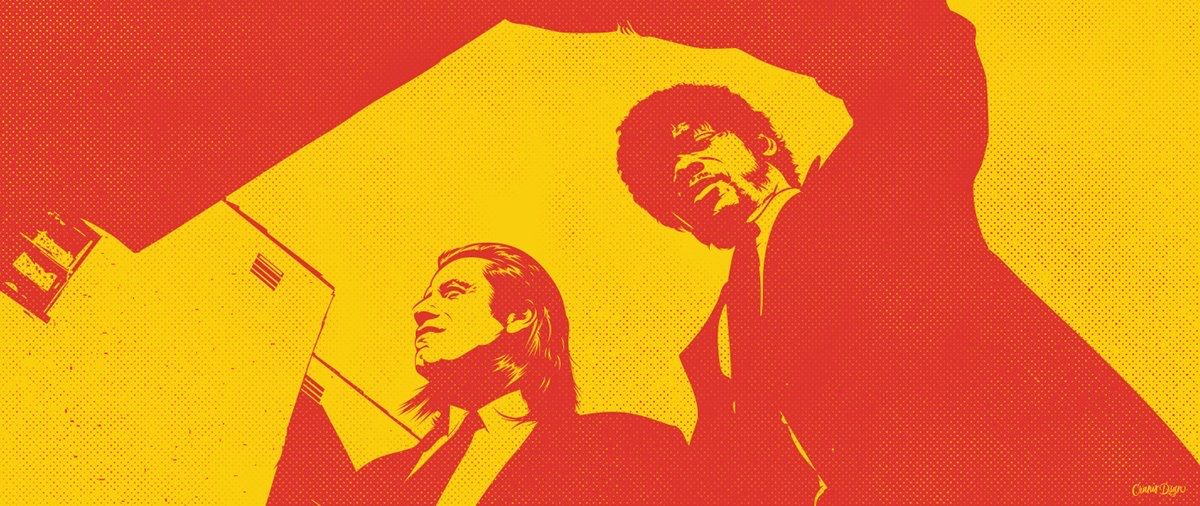Rocky IV is a 1985 movie directed by Sylvester Stallone.

Rocky IV continues the saga of heavyweight boxing champion Rocky Balboa. In this sequel, Apollo Creed takes on Russian Ivan Drago in an exhibition that tragically ends. Rocky agrees to an unsanctioned fight in the Soviet Union, where he emerges triumphant.
THE BEST – Rocky Basically Ends the Cold War
If you’re tracking Rocky’s post-fight speeches, you’ll notice a huge leap. He’s convulsing like a wounded animal in the early movies – making non-sensical, guttural yelps. After defeating Drago and winning over the Soviet crowd, he turns political by noting the unifying quality of brute American strength. It’s pure Reagan-era propaganda and prodigious American ego.
And of course, it’s brilliant.

THE BEST Part 2 – Coked Up Training Montages
The evolution of Rocky training montages is a beautiful phenomenon. While the first two movies involve Rocky using his natural surroundings, Rocky IV finds our hero chopping down trees, outrunning KGB cars and climbing mountains. Stallone’s own transformation from beefy club boxer to chiseled action hero is on display – some of the herculean exercises he performs seem to be a love letter to his own ego.
Continue reading “Rocky IV”





